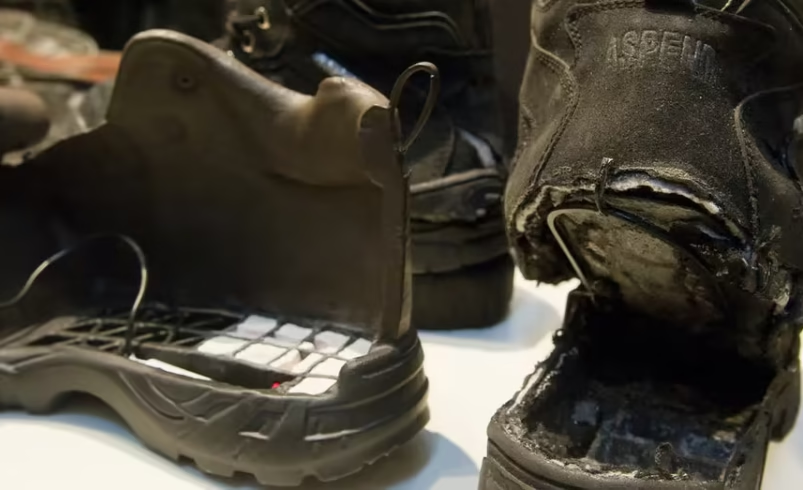End of Shoe Removal at Airports Marks New Era in Security
- July 11, 2025
- 0

After nearly two decades, American travelers can now keep their shoes on during airport security checks. This change comes as the Department of Homeland Security (DHS) ends one of the most visible post-9/11 security measures. The rule was initially implemented following a failed terror attempt in 2001, when Richard Reid, a British national, tried to detonate explosives hidden in his shoes on a flight from Paris to Miami. The incident highlighted vulnerabilities in aviation security, particularly the inability to detect non-metallic threats like PETN, the explosive used by Reid.
The policy’s roots trace back to December 22, 2001, when Reid attempted his attack on American Airlines Flight 63. His actions exposed significant gaps in security systems of the time, which struggled to detect non-metallic explosives. As a result, shoe removal became a standard procedure to mitigate this risk until technology could catch up.
Jeff Price, an aviation security expert, explains that early metal detectors were ineffective at detecting floor-level threats and non-metallic explosives. The introduction of millimeter wave imaging scanners has since revolutionized airport security. These machines can detect a range of materials from head to toe, including ceramics, plastics, and liquids. This technological advancement has allowed for the reassessment and eventual removal of the shoe-off policy.
For millions accustomed to removing shoes at checkpoints, this change promises greater convenience and reduced wait times. However, Price emphasizes that security must balance efficiency with vigilance. While the new technology enhances detection capabilities, random screenings remain crucial for maintaining security integrity.
DHS Secretary Kristi Noem announced the policy change at Ronald Reagan National Airport, highlighting the evolution of security measures over the past two decades. The removal of other restrictions, such as those on liquids and coats, is also under consideration. This shift aims to improve traveler satisfaction while maintaining robust security protocols.